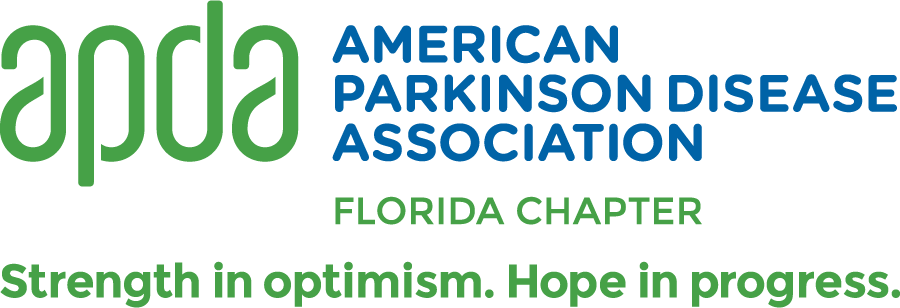No matter our age, if we haven’t kept a personal health record in the past, trying to start one can feel daunting. What should be in it? How do we ever begin? Most critically, why is it important?
What is a Personal Health Record (PHR)?
A personal health record is an all-encompassing file of your medical and health information. As we grow older and possibly move or change doctors, all of your medical information can be in numerous places. To keep track of your overall health in the best way, keeping your own health record can be the best way to have all of your information at your fingertips.
Why is Having a PHR Important?
As mentioned, since Americans tend to move around geographically, or for any number of other reasons, our medical records can end up all over the place. From one general practitioner to any number of specialists, our files are scattered among professionals. It’s our personal health, so having all our records in one place is only advantageous.
Considering that as we age, there may be more information needed by spouses or trusted family members, having access to our records is not just for our benefit, but for the peace of mind for those who love us.
The other scenario that can occur, is while a general practitioner or specialist should respond to a request to forward the files to a new doctor, they don’t always honor that request. It’s better to have your own files, so that you can control who receives them.
How Do I Start?
The first decision that needs to be made is that you must determine what method you want to use to keep your records. You can keep them in a paper binder, in digital files on your personal computer or in an online account.
All three methods have their own advantages, to determine which is best for you, consider your level of online comfort and the method in which you feel it would be easiest to access in the case of emergency.
For example, keeping a paper binder might work the best for you, but might be challenging to take to a new provider, who won’t have time to read your binder from cover-to-cover. Then again, you might not feel ready or capable of using online software to house your health records, but your providers might find this more easily accessible.
How Do I Begin to Gather My Records?
The next step will be to start to gather your various health records across your providers. Make a list of all of your doctors and start with your family physician and tell them that you are building a personal health record. They will let you know what the requirements are (authorization to release records to sign, ID needed, fees to be paid, etc.). Most offices do have a fee that must be paid, so be sure to ask what that fee is ahead of time.
HIPAA (the Health Insurance Portability and Accountability Act) indicates that patients have rights and access to their medical records, with very few exceptions. Click here to read further details.
While specialists will often times have files from your general practitioner, they will also have additional critical information about your health, so don’t forget to contact them and request your files from their offices as well.
What Else Should Be in My Personal Health Records?
- Doctor/Dentist Directory
- List of Medications
- Current Conditions
- Previous Conditions/Illnesses
- Family Health History (most importantly parents, grandparents and sibling history)
- A Section for Important Test Results (MRI, EEGs, X-Rays, etc.)
- Surgeries “Directory” (as a list with dates and who the Dr. was)
- Dates of Doctor or Specialist Visits
- Immunization Records
Wrap Up
We trust our doctors and specialists to take care of our health. But the bottom line is that it’s our health to manage, with the assistance of the professionals around us. Taking control over your personal health records will provide you with peace of mind that all of your medical information is at your own fingertips.
~ ~ ~
Do you have questions about how you can better support your loved one while they age in place in South Florida or regarding homecare in general? Please contact CareGivers of America here: Contact or call us toll free: 800-342-4197
*No information in this article is to be taken as advice, medical or otherwise. This post is not sponsored, but may contain external links to websites, articles or product examples. External links are used for example or refence purposes only and these links do not indicate specific product or website endorsement by CareGivers of America.







